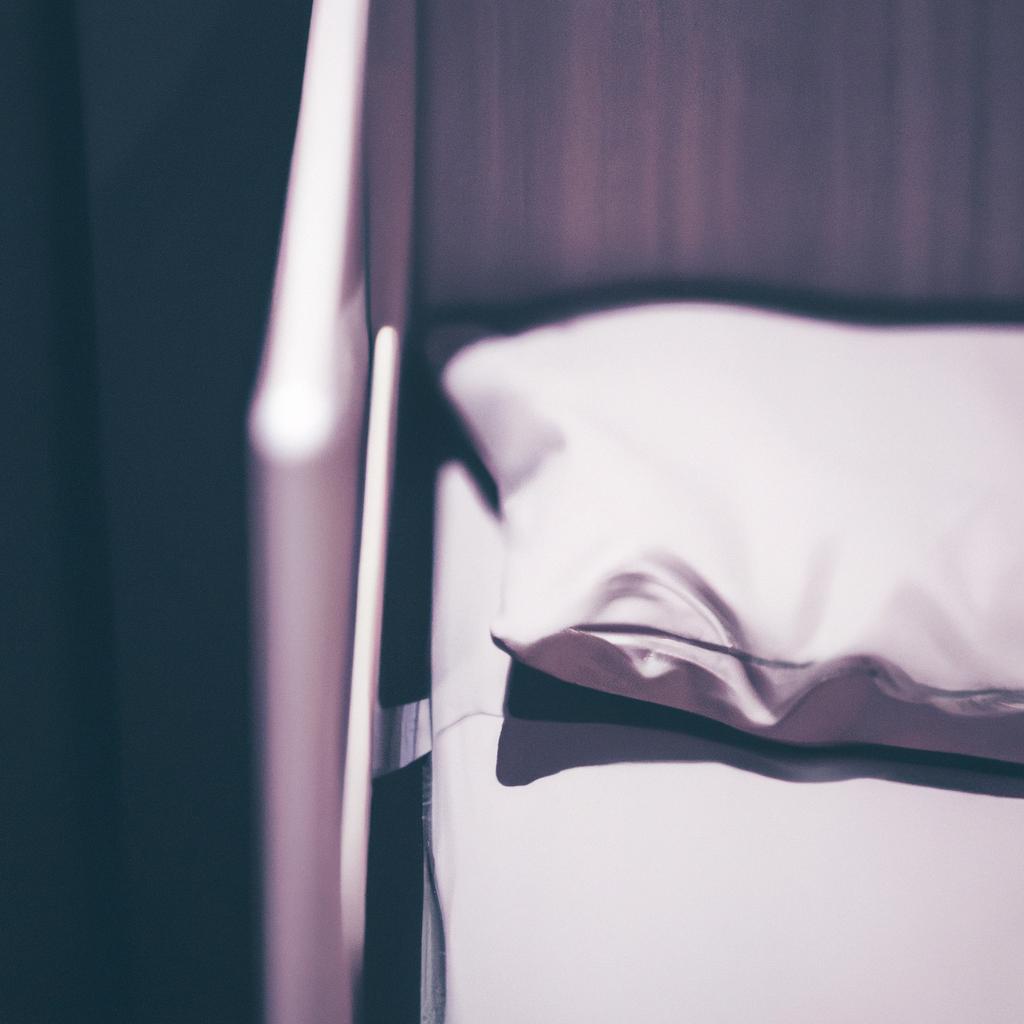Sleep Hygiene: The Impact of Bedroom Environment on Sleep Quality and Recovery
# Sleep Hygiene: The Impact of Bedroom Environment on Sleep Quality and Recovery
Sleep is a fundamental aspect of our lives, playing a crucial role in our physical, emotional, and cognitive well-being. Yet, many people struggle to achieve the quality sleep they need for optimal recovery and daily performance. While factors like stress, diet, and exercise certainly contribute to sleep quality, the environment in which we sleep is equally important. This blog post delves into the significance of sleep hygiene, specifically focusing on how your bedroom environment influences sleep quality and recovery.
## Importance of Sleep Hygiene
Sleep hygiene refers to the practices and habits that are conducive to sleeping well on a regular basis. A significant component of sleep hygiene is the bedroom environment, which encompasses factors such as light, noise, temperature, and overall comfort. Inadequate attention to these elements can lead to disrupted sleep patterns, affecting not just sleep duration but also the restorative processes that occur during sleep.
### Key Elements of an Optimal Bedroom Environment
#### 1. Light Control
Light plays a critical role in regulating our circadian rhythms, which dictate our sleep-wake cycles. Exposure to natural light during the day helps maintain a healthy sleep pattern, while artificial light, especially from screens, can disrupt melatonin production at night.
* **Tip**: Use blackout curtains to keep your bedroom dark when it’s time to sleep, and consider using dim lighting or blue light filters on devices in the evening.
#### 2. Noise Management
Noise can significantly impact your ability to fall asleep and stay asleep. Sudden or disruptive sounds can lead to fragmented sleep, causing you to feel unrested the next day.
* **Tip**: Invest in soundproofing solutions or use white noise machines to create a more peaceful sleeping environment.
#### 3. Temperature Control
The temperature of your bedroom can also affect your sleep quality. Most studies suggest that a cooler room, generally between 60-67 degrees Fahrenheit, is conducive to sleep.
* **Tip**: Use breathable bedding materials and adjust your thermostat to create a comfortable sleeping temperature.
#### 4. Comfortable Bedding
The comfort of your mattress and pillows cannot be overstated. An uncomfortable sleeping surface can lead to physical discomfort and restless nights.
* **Tip**: Invest in a quality mattress and supportive pillows that suit your preferred sleeping position.
## Nutrition Tips
What you eat can also influence your sleep quality. Certain foods can promote restful sleep, while others may have the opposite effect. Here are some nutrition tips to enhance your sleep hygiene:
– **Eat Sleep-Promoting Foods**: Incorporate foods rich in tryptophan, such as turkey, nuts, and seeds, which can help produce serotonin and melatonin.
– **Limit Caffeine and Sugar**: Avoid caffeine and sugar in the hours leading up to bedtime, as they can lead to increased alertness and disrupt your sleep cycle.
– **Stay Hydrated**: Dehydration can cause discomfort and wakefulness during the night. Ensure you’re adequately hydrated throughout the day, but limit fluids right before bed to avoid frequent bathroom trips.
## Exercise Advice
Physical activity is another crucial factor in improving sleep quality. Engaging in regular exercise can enhance both the duration and quality of sleep. Here are some exercise tips to consider for better sleep hygiene:
– **Timing Matters**: While exercise is generally beneficial, try to avoid vigorous workouts close to bedtime, as they can increase adrenaline levels and make it harder to wind down.
– **Incorporate Relaxing Activities**: Activities like yoga or gentle stretching can help relax your body and mind before sleep. Aim to incorporate these practices into your evening routine.
– **Consistency is Key**: Establish a regular exercise schedule. Aim for at least 30 minutes of moderate exercise on most days, as this can significantly improve sleep quality over time.
## Health Benefits
The impact of a conducive bedroom environment and proper sleep hygiene extends beyond just feeling rested. Quality sleep is associated with numerous health benefits, including:
– **Improved Cognitive Function**: Adequate sleep enhances memory, concentration, and problem-solving skills, making you more effective in daily tasks.
– **Emotional Well-Being**: Quality sleep can help regulate mood, reducing the risk of anxiety and depression.
– **Physical Recovery**: Sleep is vital for muscle repair and recovery, making it essential for athletes and anyone engaged in physical activity.
– **Weight Management**: Poor sleep may disrupt hormones that regulate hunger,















Post Comment